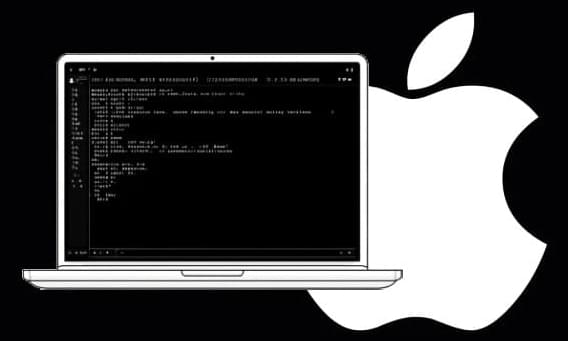Dozens of Gigabyte motherboard models run on UEFI firmware vulnerable to security issues that allow planting bootkit malware that is invisible to the operating system and can survive reinstalls.
The vulnerabilities could allow attackers with local or remote admin permissions to execute arbitrary code in System Management Mode (SMM), an environment isolated from the operating system (OS) and with more privileges on the machine.
Mechanisms running code below the OS have low-level hardware access and initiate at boot time. Because of this, malware in these environments can bypass traditional security defenses on the system.









